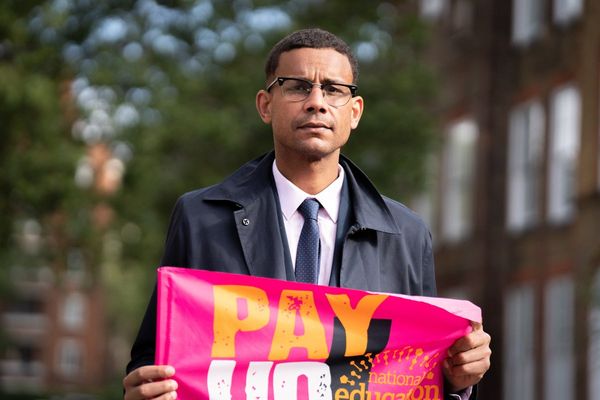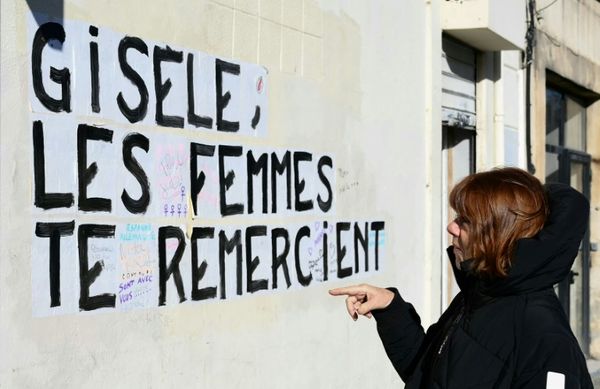
Sam Bankman-Fried has launched a media offensive in recent weeks to give his version of the facts of the overnight implosion of his crypto empire.
The central message from the founder of cryptocurrency exchange FTX and its sister company, Alameda Research, was that the spectacular bankruptcy was the result of simple mistakes and no luck.
"I made a lot of mistakes," he said during his first interview, on Nov. 30 with The New York Times/DealBook. "There are things I would give anything to be able to do over again. I didn't ever try to commit fraud on anyone."
This media campaign has just been reduced to nothing by a flurry of civil and criminal charges filed on Dec. 13 by U.S. regulators.
Not only do these allegations rebut the defense carefully prepared by the former star of the crypto sphere, they paint another picture of one of the biggest financial fiascos of recent years. For regulators, FTX was a fraud from the start.
Alleged Acts Started at Least in 2019
Justice Department prosecutors filed eight criminal counts against Bankman-Fried, according to the indictment unsealed on Dec. 13. Four of the charges, including conspiracy to commit wire fraud on customers and lenders and wire fraud, indicate that the alleged acts began at least in 2019. That was the year FTX was created.
According to the federal prosecutors, Bankman-Fried SBF lied or made misleading statements.
"From at least in or about 2019, up to and including in or about November 2022," Bankman-Fried "and others known and unknown, willfully and knowingly did combine, conspire, confederate, and agree together and with each other to commit wire fraud," prosecutors within the U.S. Department of Justice's Southern District of New York alleged.
In their 13-page document, which is sparse on details, the prosecutors say Bankman-Fried and other "knowingly" devised and intended to devise "a scheme and artifice to defraud, and for obtaining money and property by means of false and fraudulent pretenses, representations and promises. ...."
The collective prison time he faces from conviction on all charges is 115 years.
The U.S. Securities and Exchange Commission filed a more detailed complaint, which includes civil charges against Bankman-Fried, the former institutional face of the crypto industry.
Since at least May 2019, FTX raised more than $1.8 billion from equity investors, including about $1.1 billion from some 90 U.S.-based investors, according to the complaint.
In his representations to investors, Bankman-Fried promoted FTX as "a safe, responsible crypto asset trading platform, specifically touting FTX’s sophisticated, automated risk measures to protect customer assets," the federal regulator argued.
"Bankman-Fried was orchestrating a massive, yearslong fraud, diverting billions of dollars of the trading platform’s customer funds for his own personal benefit and to help grow his crypto empire,” the S.E.C. alleges in its civil complaint.
SEC Alleges a 'House of Cards'
He used customer funds to "make undisclosed venture investments, lavish real estate purchases, and large political donations,” the complaint said.
"We allege that Sam Bankman-Fried built a house of cards on a foundation of deception while telling investors that it was one of the safest buildings in crypto," said SEC Chairman Gary Gensler.
"The alleged fraud committed by Mr. Bankman-Fried is a clarion call to crypto platforms that they need to come into compliance with our laws."
Mark Cohen, an attorney for Bankman-Fried, said his client "is reviewing the charges with his legal team and considering all of his legal options.”
Bankman-Fried, known by his initials SBF in the crypto community, was arrested on Dec. 12 in the Bahamas at the request of U.S. authorities. He spent the night in a police station and appeared in court on Dec. 13 for his arraignment hearing.
In addition, the Commodity Futures Trading Commission filed a complaint against the former trader. "At Bankman-Fried's direction, FTX executives created features in the underlying code for FTX that allowed Alameda to maintain an essentially unlimited line of credit on FTX," the CFTC alleged.
As a crypto exchange, FTX executed orders for clients, taking their cash and buying cryptocurrencies on their behalf. FTX acted as a custodian, holding the clients’ crypto.
FTX then used its clients’ crypto assets, through its sister company’s Alameda Research trading arm, to generate cash through borrowing or market-making. The cash FTX borrowed was used to bail out other crypto institutions in summer 2022.
At the same time, FTX was using the cryptocurrency it was issuing, FTT, as collateral on its balance sheet. This was a significant exposure, due to the concentration risk and the volatility of FTT.
The insolvency of FTX stemmed from a liquidity shortfall when clients attempted to withdraw funds from the platform. The shortfall appears to have been the result of Bankman-Fried allegedly transferring $10 billion of customer funds from FTX to Alameda Research.







